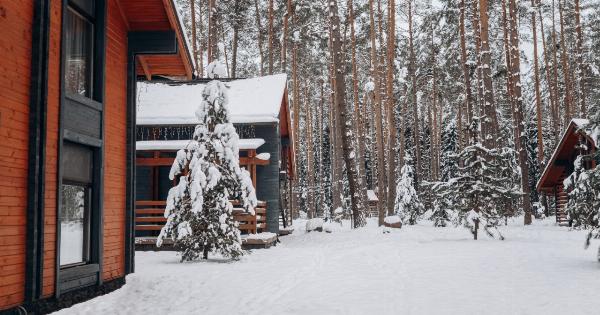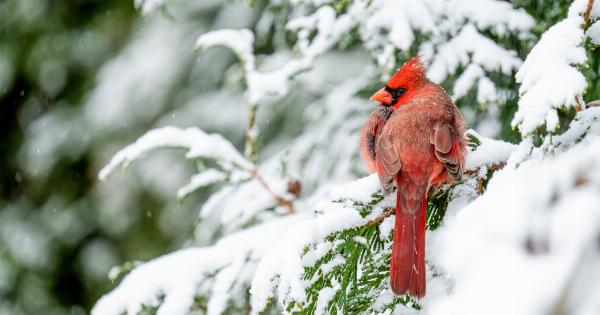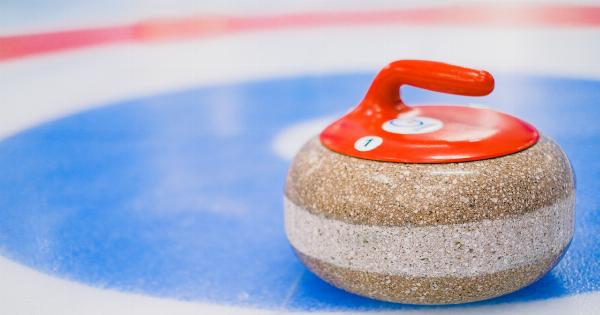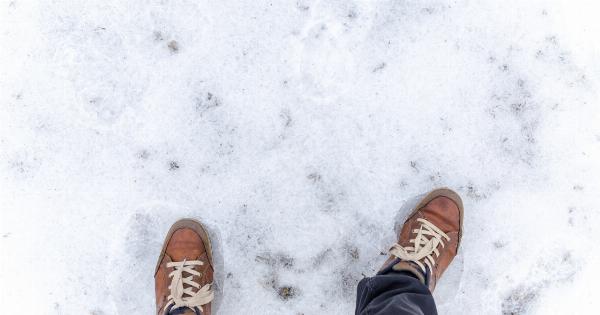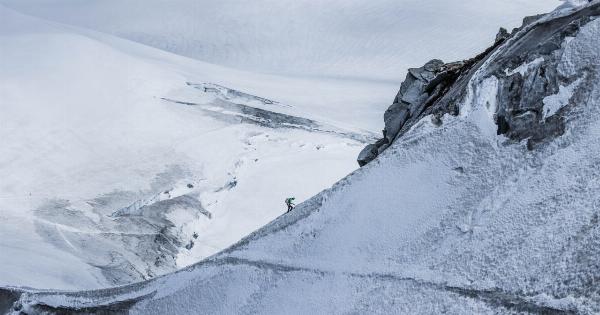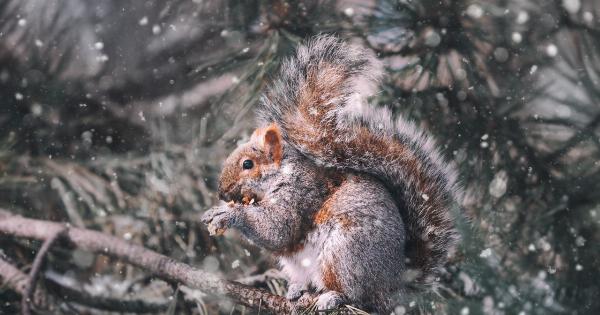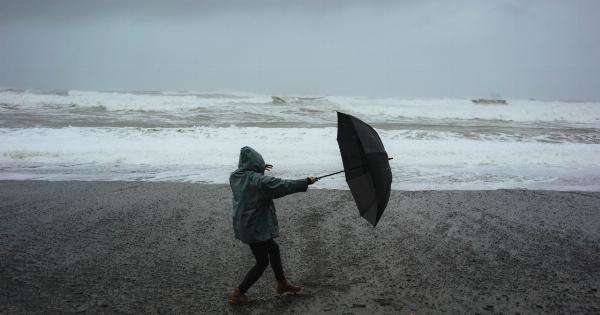Winter is a season that is dreaded by many people, especially those who suffer from eczema. Eczema is a skin condition that can be aggravated by certain triggers, including cold weather.
In this article, we will explore how cold weather affects eczema and what you can do to avoid or mitigate the symptoms.
What is Eczema?
Eczema, also known as atopic dermatitis, is a chronic skin condition that is characterized by dry, itchy, and inflamed skin. It can develop at any age, but it is most commonly seen in children.
The exact cause of eczema is not known, but it is believed to be a result of a combination of genetics and environmental factors.
How Does Cold Weather Affect Eczema?
Cold weather can be a trigger for people with eczema. The dry, cold air can cause the skin to become dry and irritated, which can lead to flare-ups.
Additionally, the decreased humidity in the air can cause the skin to lose moisture, leading to further dryness. The skin can also become more sensitive in cold weather, making it more susceptible to irritation and inflammation.
Symptoms of Eczema in Winter
The symptoms of eczema can vary from person to person, but they often include:.
- Dry, itchy skin
- Redness or inflammation
- Cracks in the skin
- Bumps or blisters
- Thick, scaly skin
These symptoms can be exacerbated by cold weather, making eczema sufferers particularly miserable during the winter months.
Preventing Eczema Flare-ups in Winter
While it may be difficult to completely avoid the triggers that cause eczema flare-ups in winter, there are steps you can take to minimize the symptoms:.
- Moisturize regularly – keeping the skin moisturized is crucial in preventing eczema flare-ups. Use a thick, emollient moisturizer that is free of fragrances and other irritants.
- Avoid hot showers – hot water can strip the skin of its natural oils, leading to dryness and irritation. Instead, take lukewarm showers and avoid spending too much time in the water.
- Wear protective clothing – if you are going to be outside in cold weather, make sure to wear gloves and a scarf to protect your skin from the cold, dry air.
- Use a humidifier – adding moisture to the air can help prevent the skin from drying out. Use a humidifier in your home to keep the air moist.
- Avoid irritants – certain products, such as harsh soaps and detergents, can irritate the skin and trigger eczema flare-ups. Use gentle, fragrance-free products instead.
Treating Eczema in Winter
If you do experience an eczema flare-up in winter, there are steps you can take to alleviate the symptoms:.
- Apply a topical steroid – if your eczema is particularly severe, your doctor may prescribe a topical steroid to reduce inflammation and itching.
- Use wet dressings – applying wet dressings to the affected area can help soothe the skin and reduce inflammation. This can be done using a damp cloth or gauze.
- Take antihistamines – if itching is particularly severe, your doctor may recommend taking an oral antihistamine to reduce the symptoms.
- Avoid scratching – while it can be tempting to scratch an itchy area, this can lead to further irritation and inflammation. Use a cold compress or apply a moisturizer to alleviate itching instead.
Conclusion
Cold weather can be a challenging time for people with eczema, as it can exacerbate the symptoms of this condition. Taking steps to prevent and treat eczema flare-ups in winter can help alleviate the symptoms and make this season more tolerable.
By moisturizing regularly, avoiding hot showers, wearing protective clothing, using a humidifier, and avoiding irritants, you can keep your eczema under control and enjoy the winter season.

